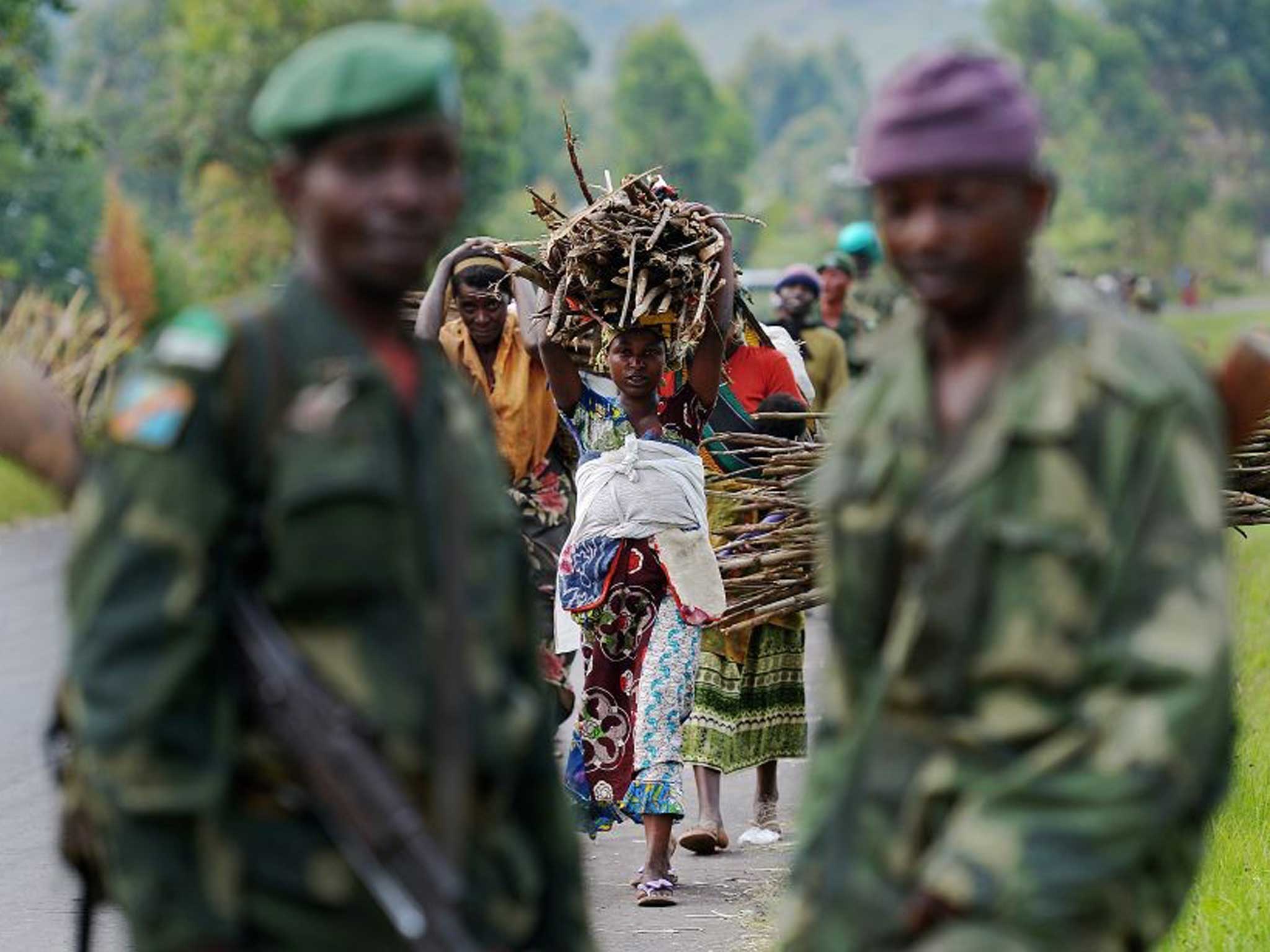On the front lines: Documenting evidence of rape is a fraught task
Giving this kind of harrowing testimony often comes at a personal cost

In my line of work it’s impossible not to notice the chilling impact rape has on its victims. The shame and humiliation they are made to feel means disclosure can be very difficult, even in a ‘safe’ setting such as a doctor’s examination room.
Taking statements and documenting evidence of rape for use in legal proceedings is not easy - it requires skill and experience to gather all of the required information from a survivor of such a terrible crime while respecting their rights, supporting their health care needs, ensuring their safety, their confidentiality and minimizing further traumatization. Giving this kind of harrowing testimony often comes at a personal cost to the survivor, and their courage never fails to astound me.
In the UK it is estimated that almost 90 per cent of victims of serious sexual assault never disclose it to the police, and around 38 per cent tell no one (at the time of the crime.) Yet, in the UK we have support available for survivors of sexual violence and a comparatively open society that generally supports the victim and does not stigmatise them.
Imagine then, how hard it is to disclose rape in a place like the Democratic Republic of Congo where the perpetrators of such crimes are often the police and army personnel – the very officials charged with the protection of civilians.
A new report by Freedom from Torture reveals the routine use rape, gang rape and multiple rape to torture politically active women in official state detention centres in the country. The levels of impunity enjoyed by those who commit these crimes is breathtaking and it is this lack of accountability that the Global Summit aims to address.
The Protocol on Investigation and Prevention of Sexual violence in Conflict which will be launched by Angelina Jolie and William Hague at the Global Summit on Wednesday and will set out best practice for obtaining witness testimony of crimes of sexual violence in conflict.
It will ensure that the evidence collected is of a standard that can be used in international criminal courts to charge not just those who committed the crimes directly but also their commanding officers. Though work still needs to be done to get this document right, and to resource evidence collection, it is a very welcome step towards holding perpetrators to account both nationally and internationally.
My big concern is that while so much noise is being made about the protection of survivors of sexual violence in conflict at the Global Summit, the Home Office remains out of step.
Every week I see survivors of persecutory rape who have fled their countries and are seeking protection in the UK from the horrors that have been inflicted on them and their families. Sadly their experiences as asylum seekers rarely afford them the dignity, security and peace they need in order to be able to disclose sexual violence.
Repeated interrogation by Home Office officials about what they have been through – all too often conducted from a clear standpoint of officials’ disbelief inadequate welfare support and difficulties in accessing the medical care and psychological services they so desperately need all serve to compound their trauma.
Protection through asylum is a key element in the fight to end sexual violence and support survivors of these crimes. Accordingly, it should be at the forefront of this week’s discussions.
Join our commenting forum
Join thought-provoking conversations, follow other Independent readers and see their replies
Comments
Bookmark popover
Removed from bookmarks